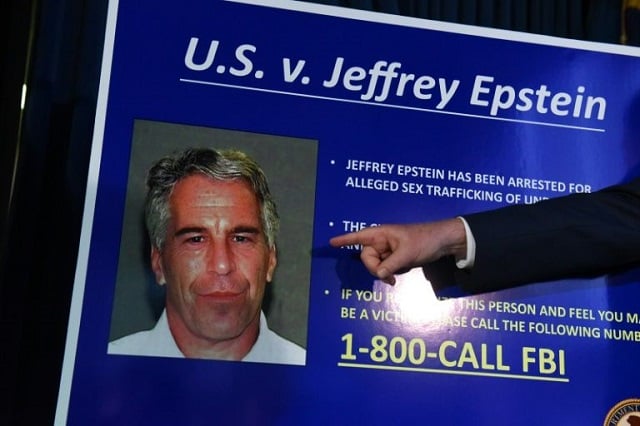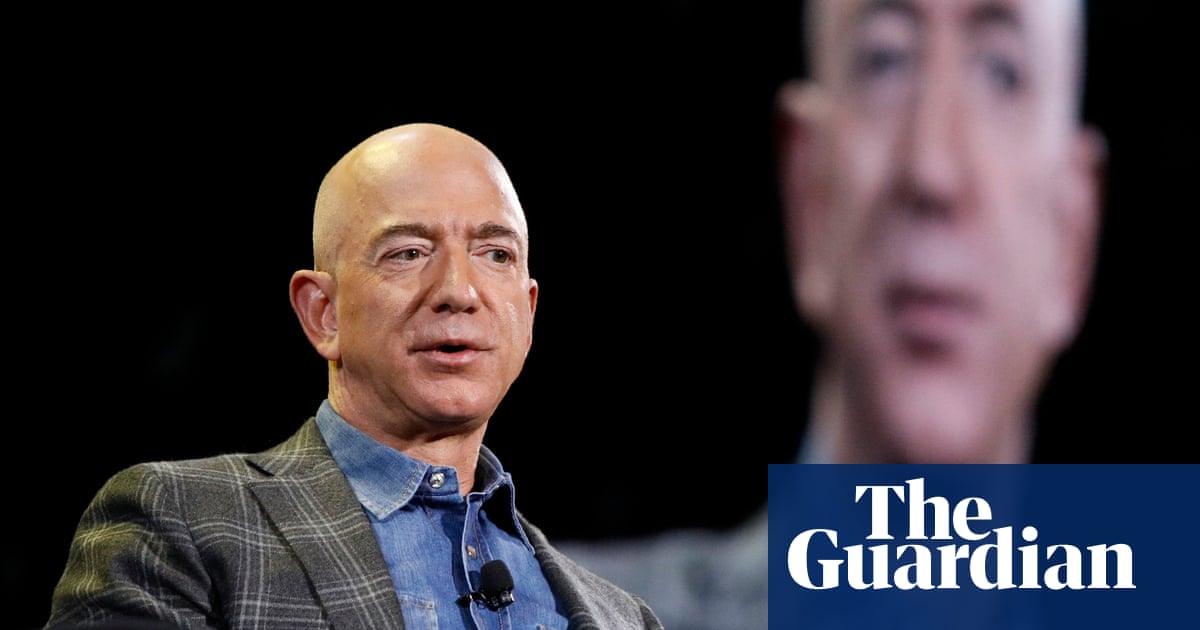Parsimony and Parsnips
In the US, at least, bad faith actors range from ....
In the moment I'm recalling a bit of Sufi advice and arrogance, that Sufi teaching stories should never be taken superficially; while there is value in the face value of a story, they pretend there is greater meaning to be discovered.
It's like, I know we were just on about cars, but the range of bad faith actors in the U.S looms like a shadow of pestilence.
†
Irony: Back in the day, when truckers would talk about ambulance-chasing lawyers, the tale inevitably involved carloads of "Mexican illegal aliens" as an explanation of why you should make sure to kill 'em when you hit 'em, or else you're going to pay for a bunch of illegals for the rest of your life. Bad faith. Driving. Immigration.
We Americans have a phrase, "criminal aliens", and it remains unclear whether our international neighbors understand the problem with the phrase.
Also,
TheVat↑ recently wondered about "ordinary conversations". Here's an approximately ordinary conversation:
Middle-Roader: But you have to admit, they need to do something about the criminal aliens.
Response: That's the thing, though. That phrase, "criminal aliens," isn't real.
MidRoad: What do you mean it isn't real?
Response: Well, think about when you're accused of a crime, or even just get a traffic ticket. What happens?
MidRoad: What, you mean like going to court, going on trial?
Response: Yes, but then, the judge: Where does the judge come from?
MidRoad: What do you mean, where―?
Response: How does a judge get his job?
MidRoad: What, they're appointed and confirmed. Some are elected.
Response: And how do they lose their job?
MidRoad: Impeachment. Some are just voted out in the next election.
Response: If "criminal aliens" committed a crime, why do they not have access to the courts where we try crimes?
MidRoad: What? What do you mean?
Response: Immigration judges are under executive purview, they're part of the Department of Justice. That is to say, they're not part of the judiciary. And now a president asserts to fire them for political reasons. If undocumented migrants were criminals, they would be tried by the judiciary instead of processsed by DoJ. If undocumented criminals were criminals, they would have the right to an attorney. So, like the other day, when the Homeland Secretary did his little bit about the first crime, that was a federal official lying. Ironically, by the Secretary's definition, Elon Musk is a criminal. Should Musk have his day in the judiciary, or be processed and deported by DoJ?
Hint: It's not ordinary; rarely are such converations so straightforward. There is nothing the Response has said that is inaccurate; the only question for the Middle-Roader is one of satisfaction. Even at this point, the whole conversation can go sideways. Many totally notaracist people still sputter and try to parse between the worthiness they imagine of an Elon Musk and all those shady catchall "Mexicans" they keep hearing about.
But it's true, even an Obama-appointed immigration judge ruled that a three year-old was not entitled to a lawyer because, at that age, he was perfectly capable of representing himself in court.
Well, we have to do something! people protest, and to the one, are they sure about that; to the other, why do people say that about bad ideas? Remember, an efficient, well-funded, well-staffed bureaucracy is not what the complaint against migration is about. We have to do something? Okay, let's do something
useful.
And would that be an ordinary conversation, or extraordinary?
Meanwhile, what makes the sample conversation seem extraordinary is the number of places it can run awry: How many middle-roaders are actually going to say, "What do you mean it isn't real", or "you mean like going to court, going on trial",
i.e., how many will actually do that part in good faith?
And around here, at that?
Also, as to the midroad part: If there seems a strange naïveté about it, we need to think of two versions of the Middle-Roader. The character depicted above is apparently uninformed or somehow not aware, and we presume the role to be in good faith. Other players might be less inclined to acknowledge reality. "What do you mean it isn't real"? It is more likely we would encounter cynicism, anger, and accusation in the Middle-Roader's response, than the wide-eyed good faith depicted above.
And if even the well-intended can run awry, some part of that is in the narrative context. We have to do something? Why is the only something we can do tyrannical, dangerous, uninformed, and impossible?
Then again,
vis à vis the inclination to parse on behalf of an Elon Musk or Jonathan Rowan, compared to some imagined Mexican bogeyman, the idea that the stalled Bush bill Congress still pretends about was a bad bill in the first place might seem light-years away. Still, compared to talk about anchor babies and the Fourteenth Amendment, razor wire in the river, Republicans refusing their own bill in order to complain of a crisis, and the conservative roll on the role of local law enforcement in immigration, the naïve middle-roader is a most curious creature. And while we can easily grasp that international neighbors are not necessarily going to understand the subtlety of this stupidity, we can, at home, say what we will and usually do about young American voters, but that wouldn't explain the breadth and depth of newness permeating our discourse.
That's a lot of turnip trucks. How do we have hunger in this country with so many vegetables to spare?
At some point, compared to what well-intended who fell off which, and when, parsimony really does wonder about bad faith.
Or, as Ockham said, "At least my garden grows." Oh, wait, that wasn't Ockham.





